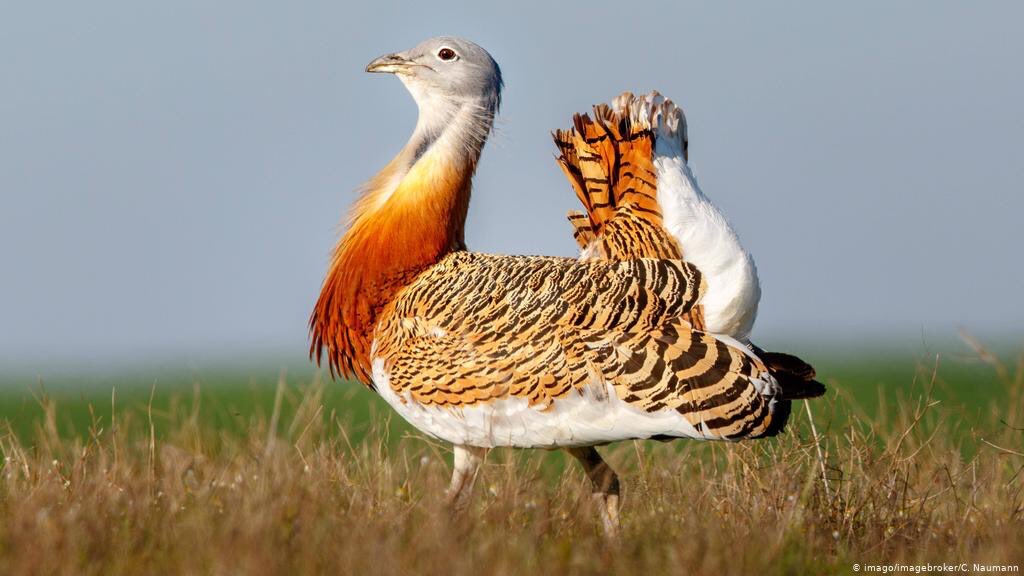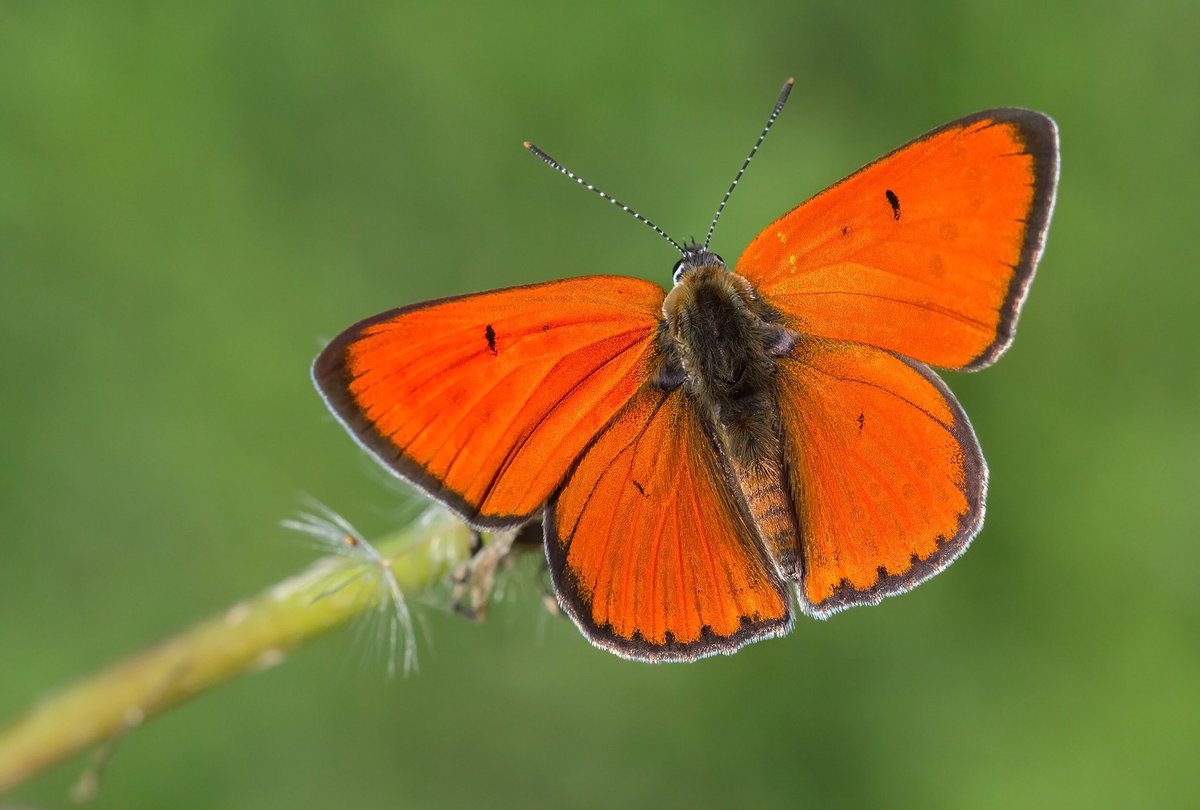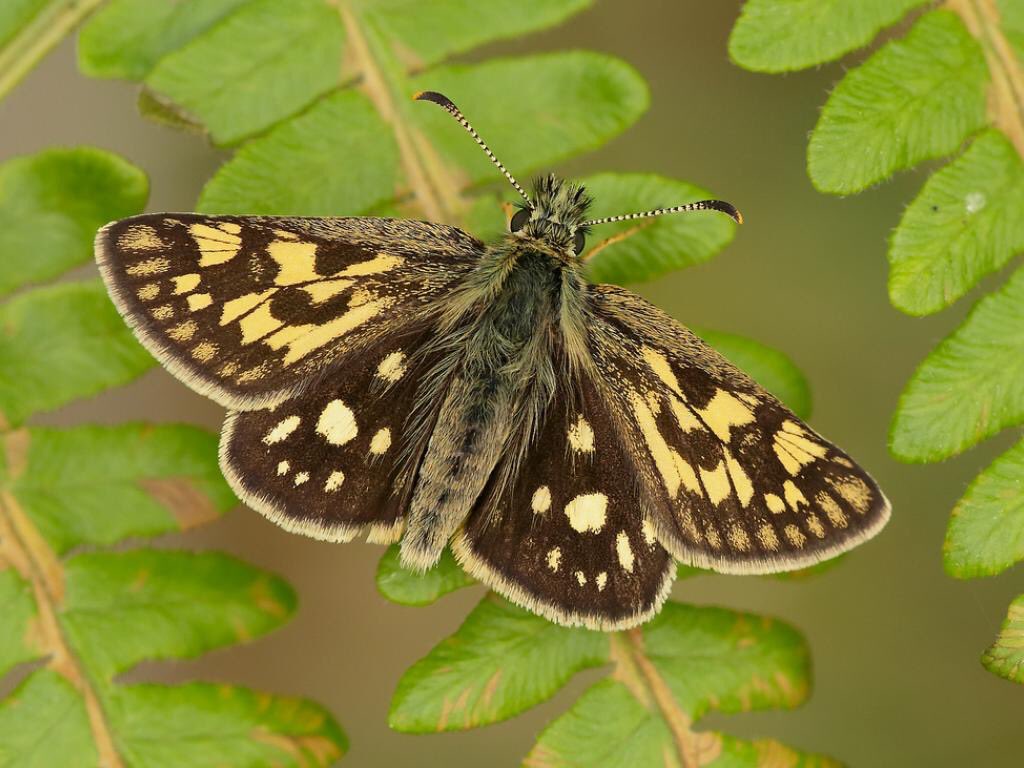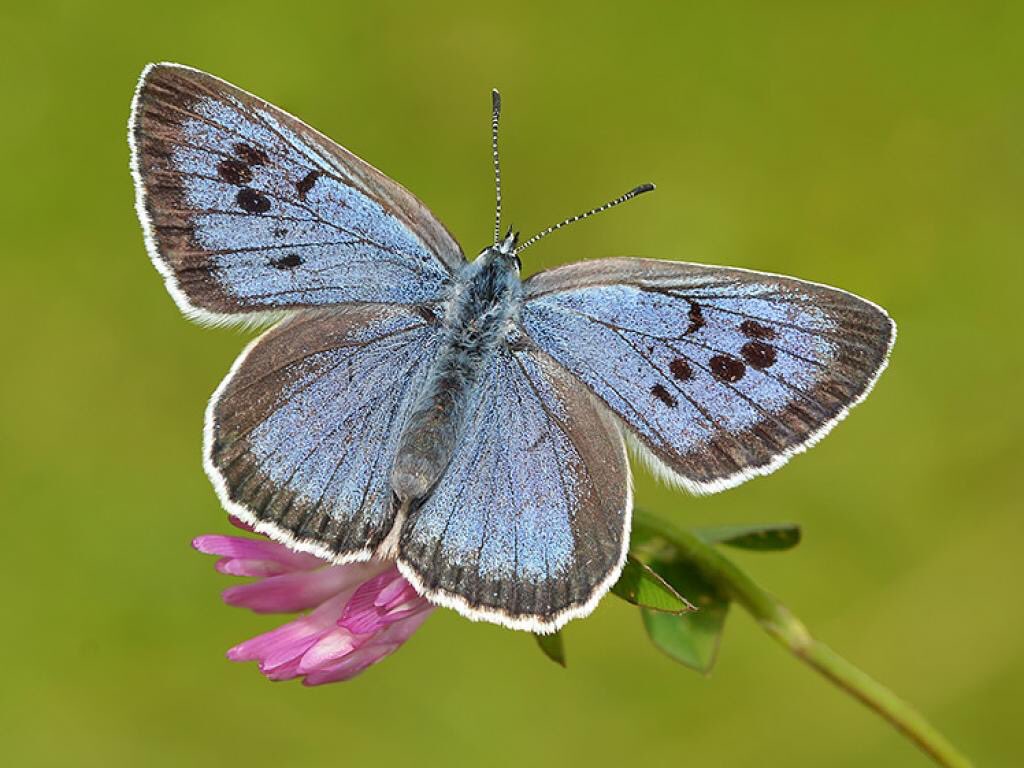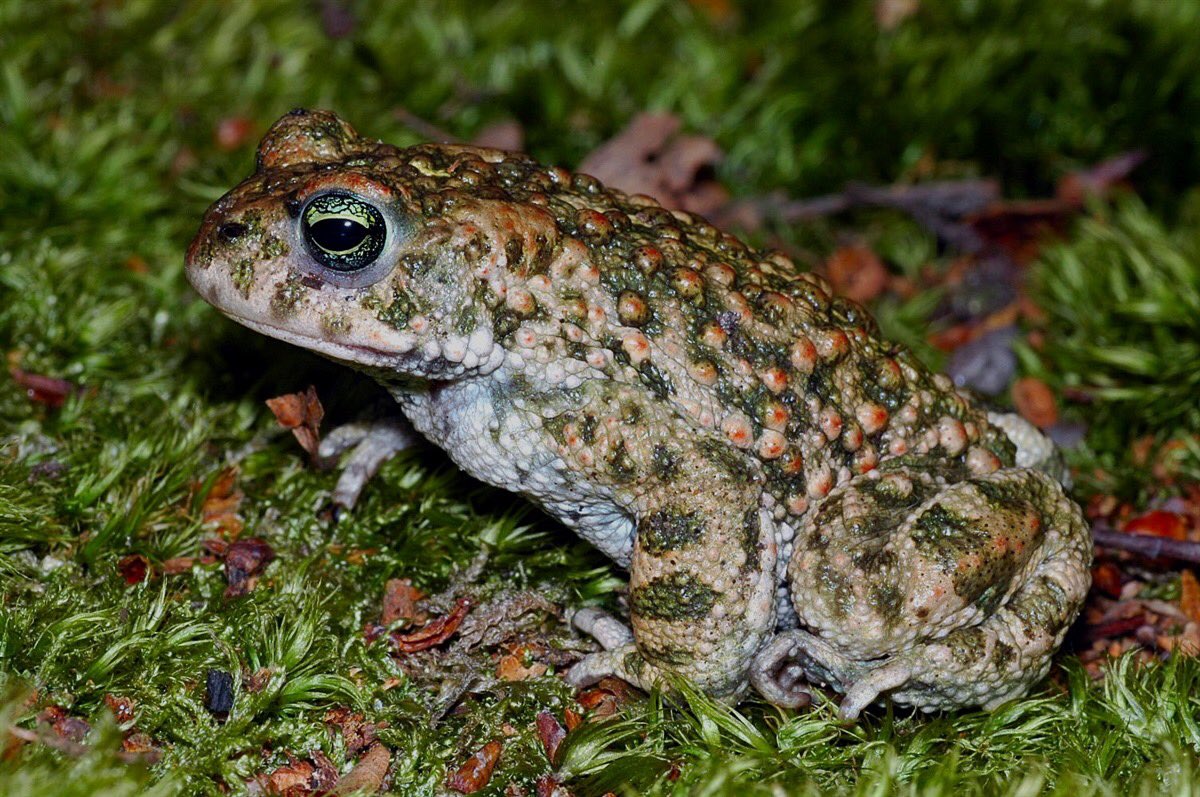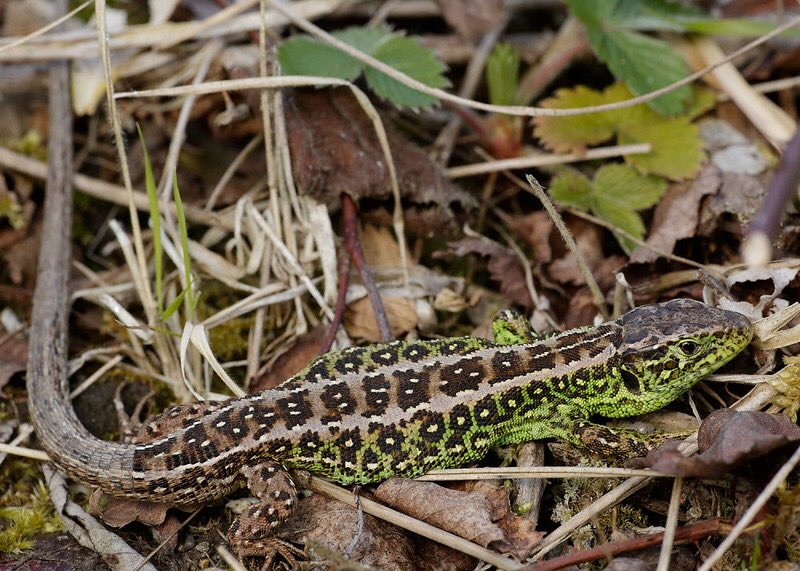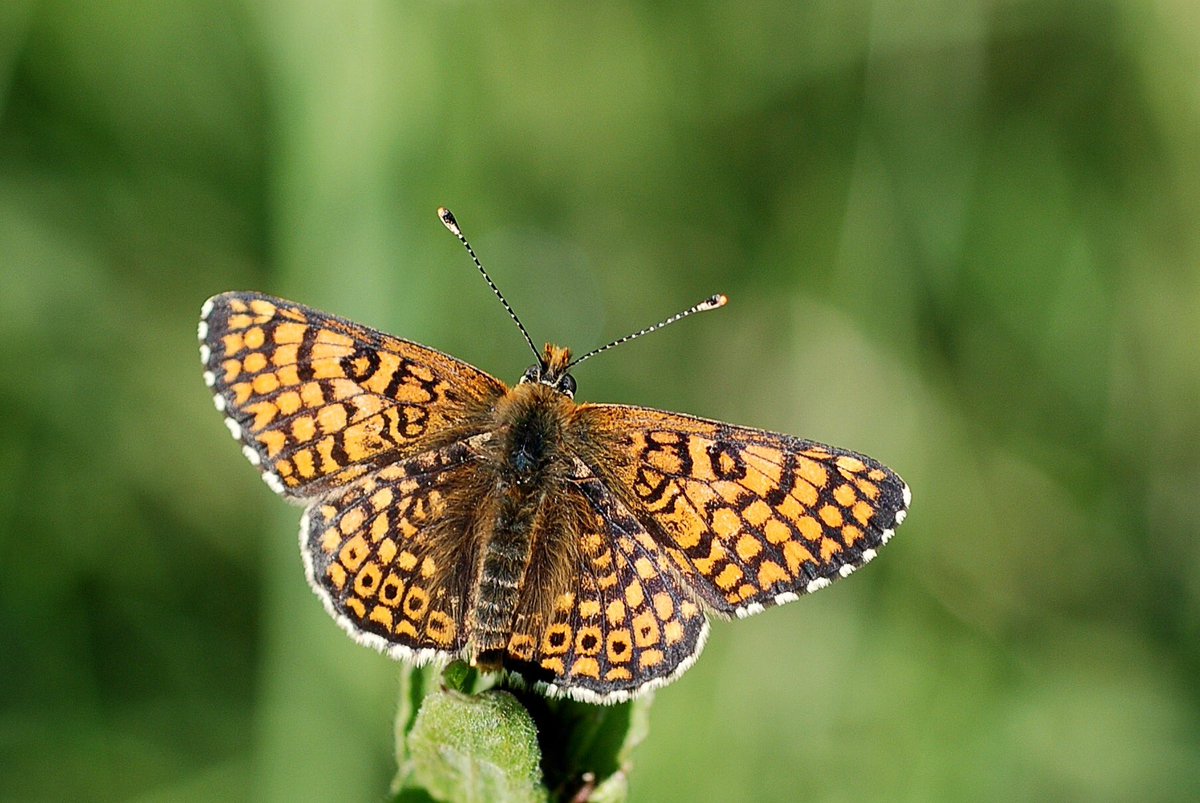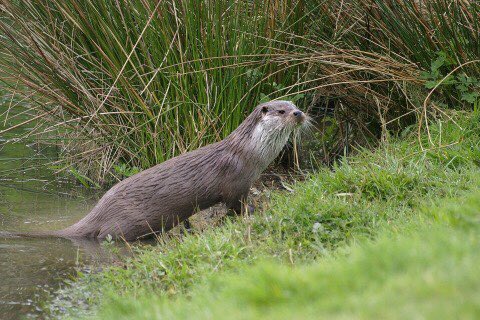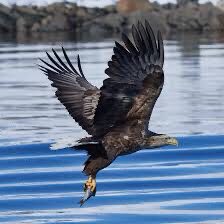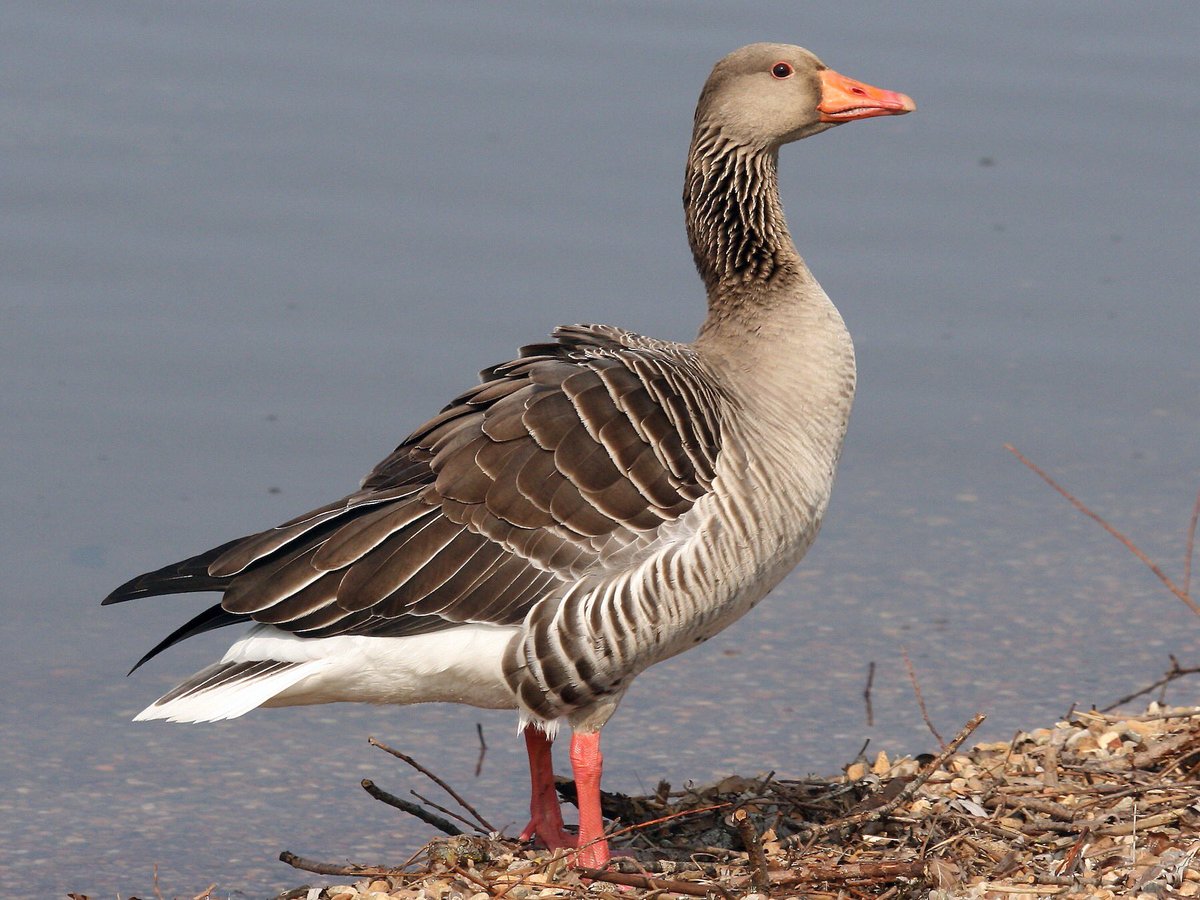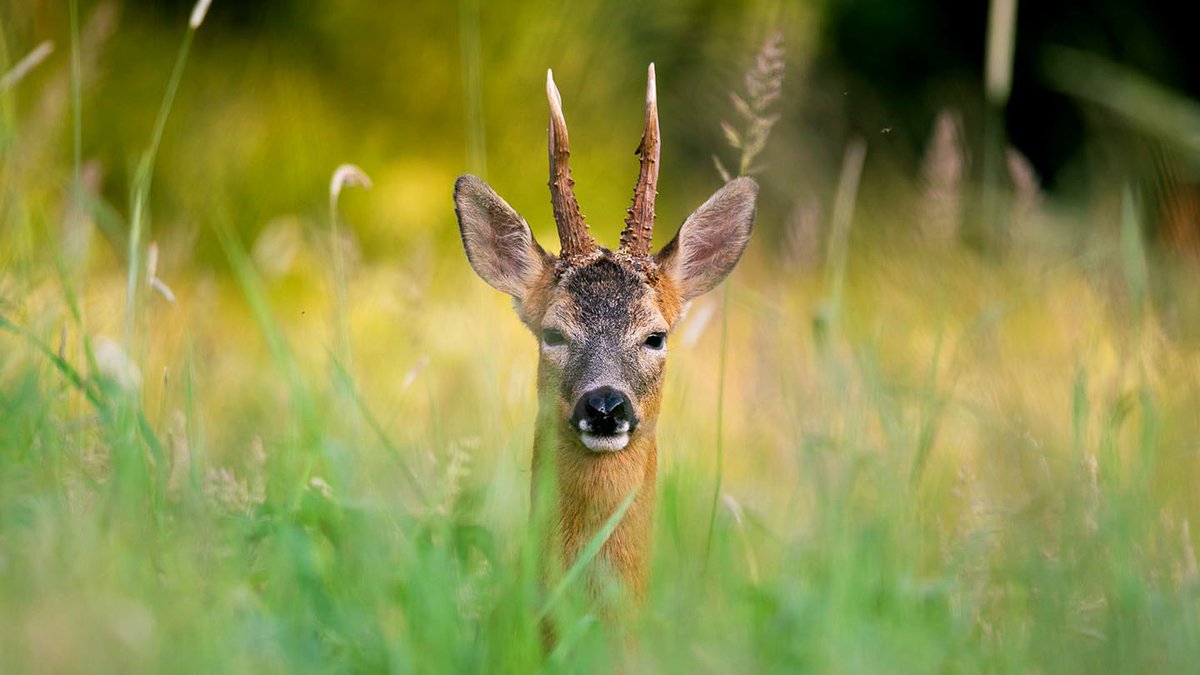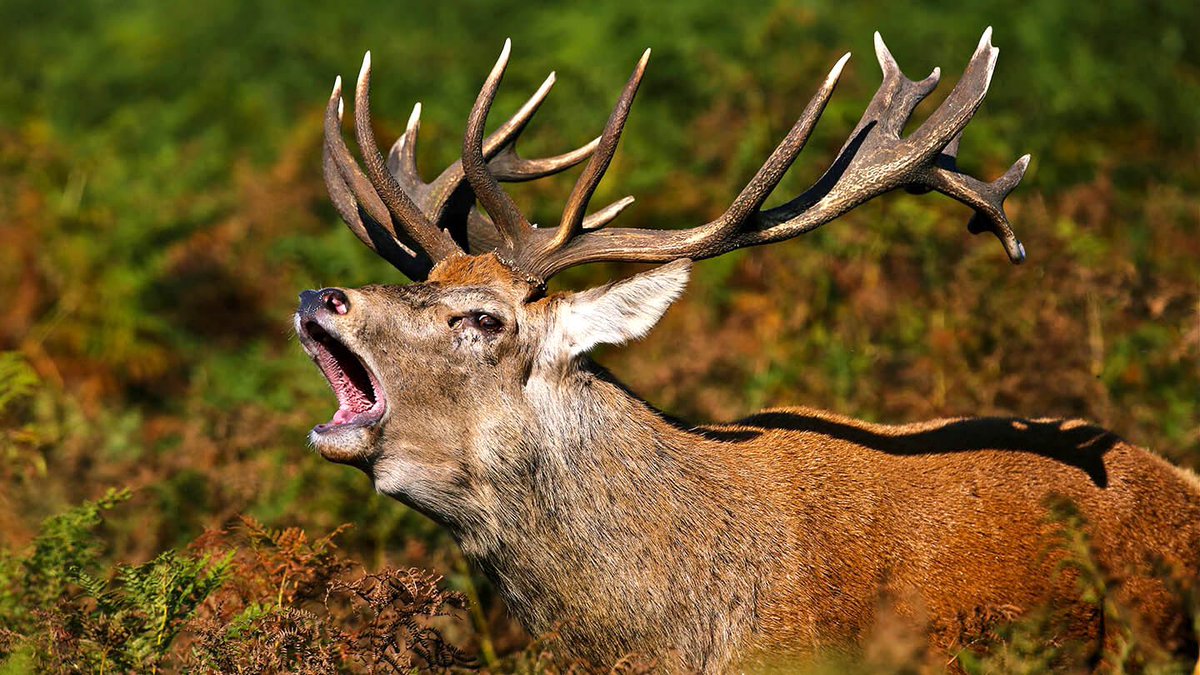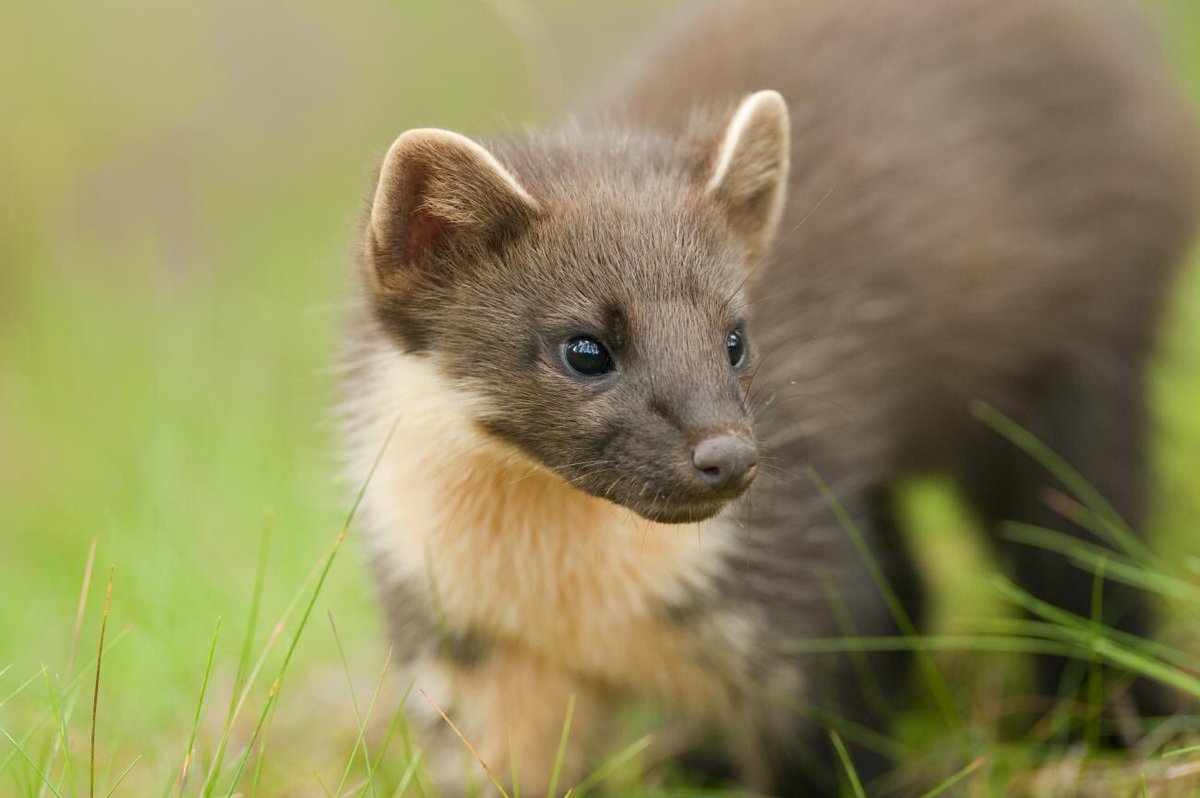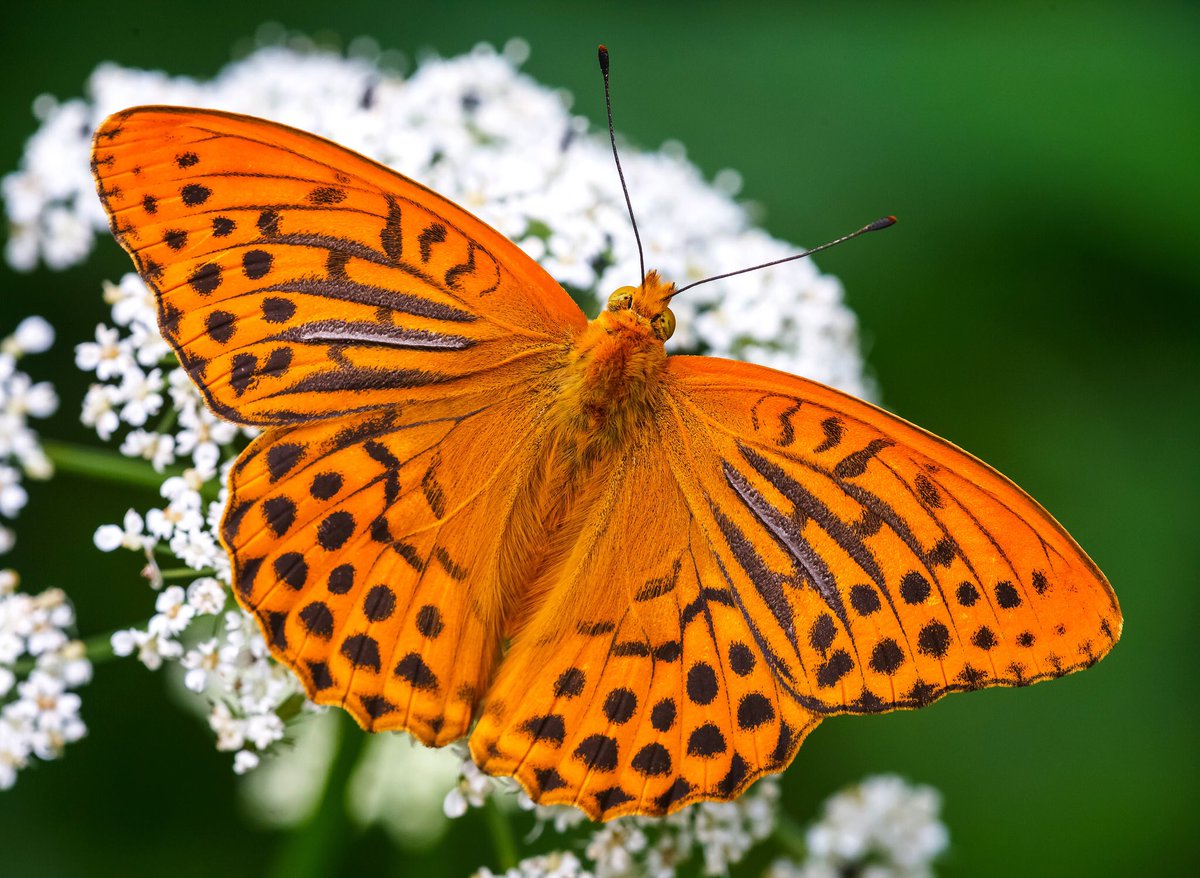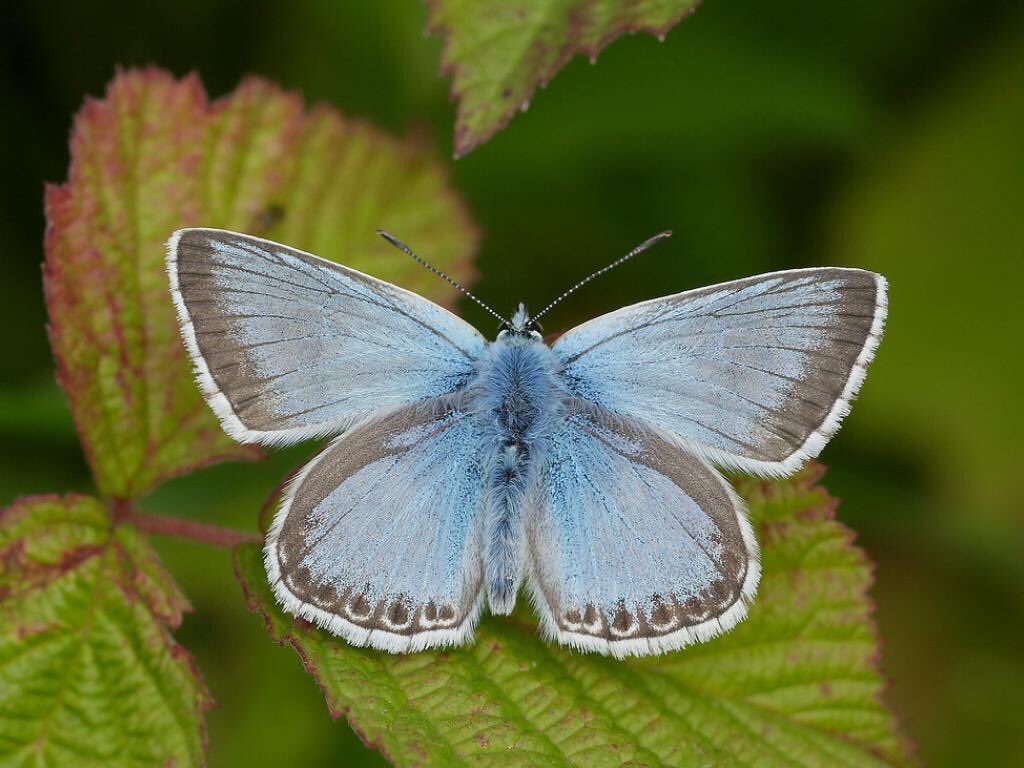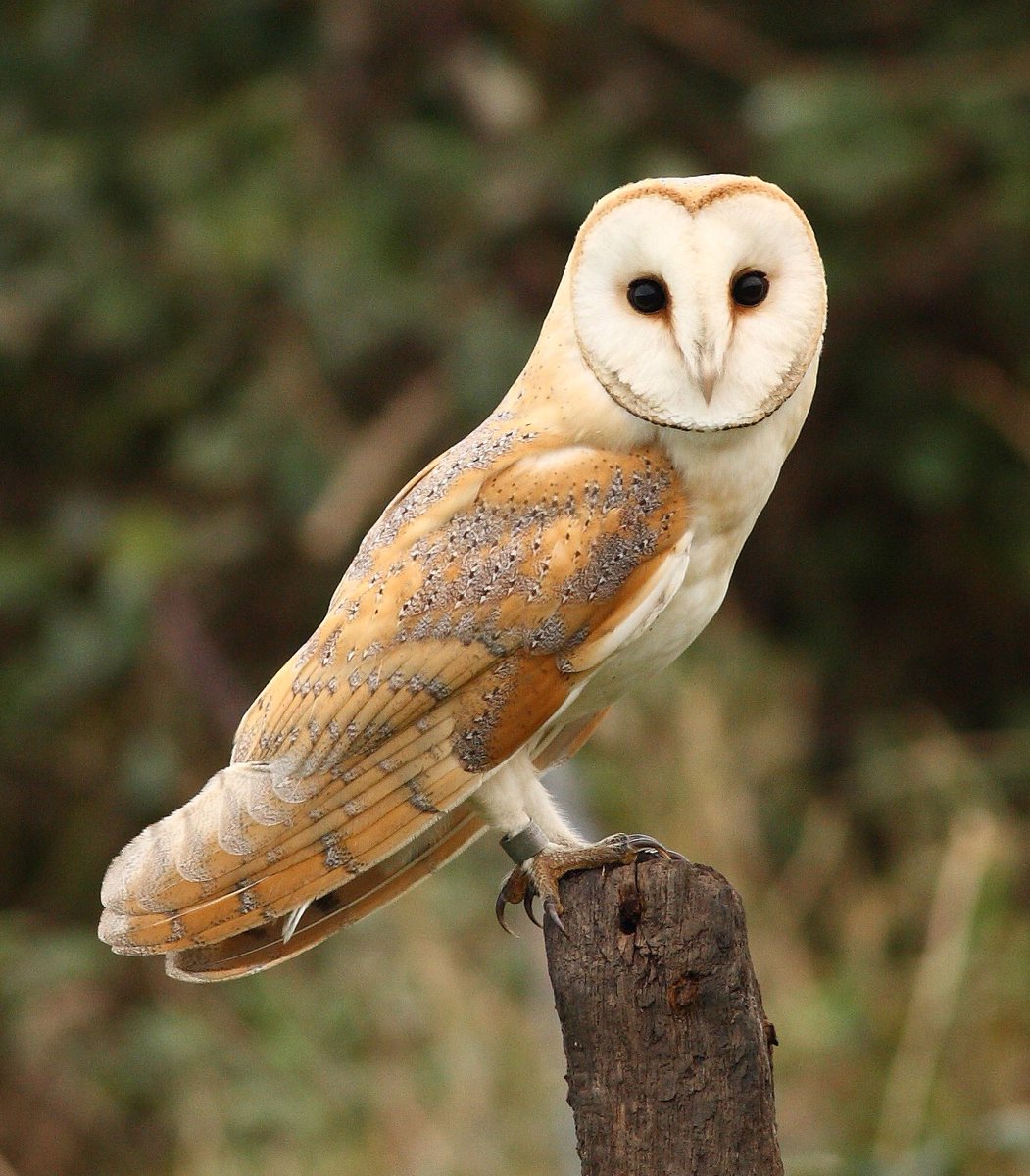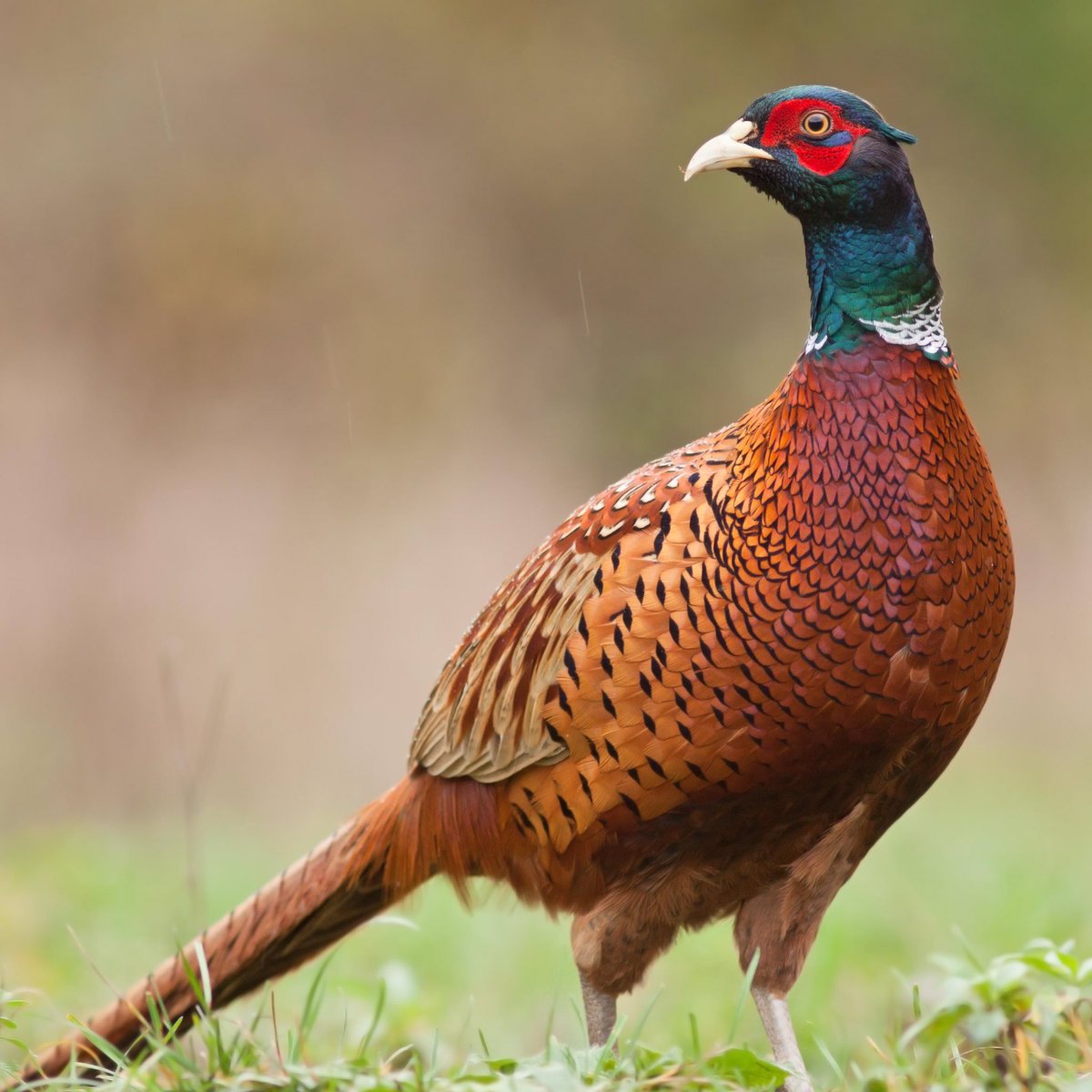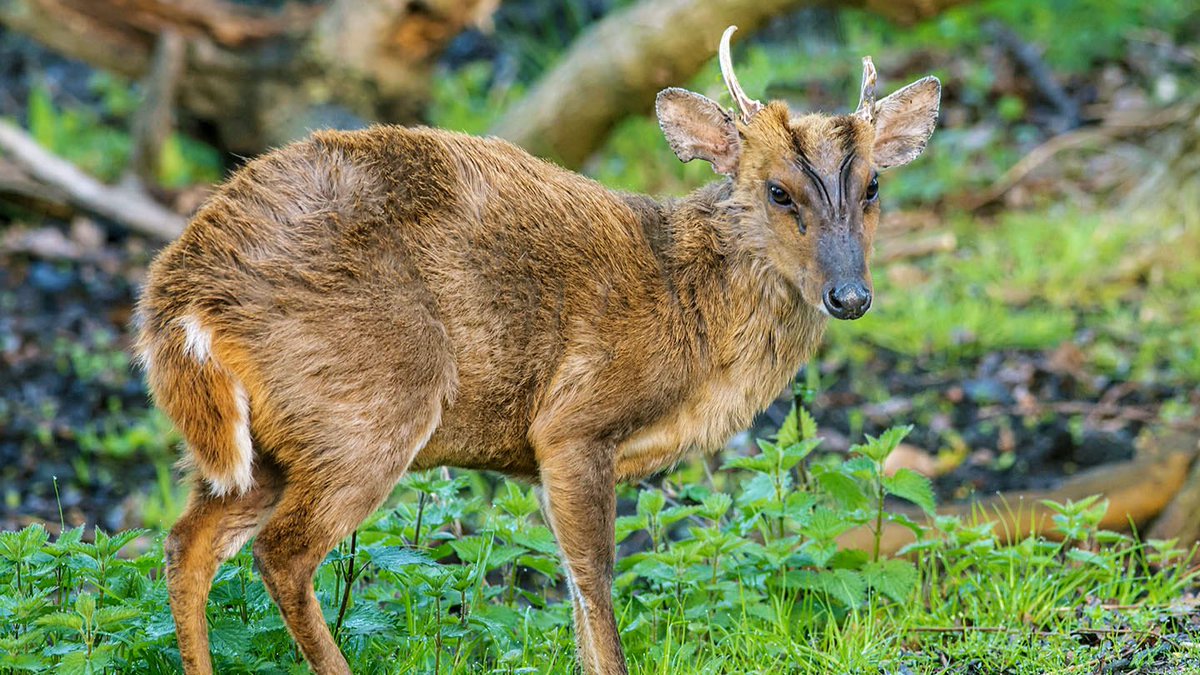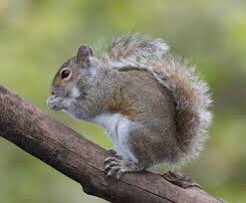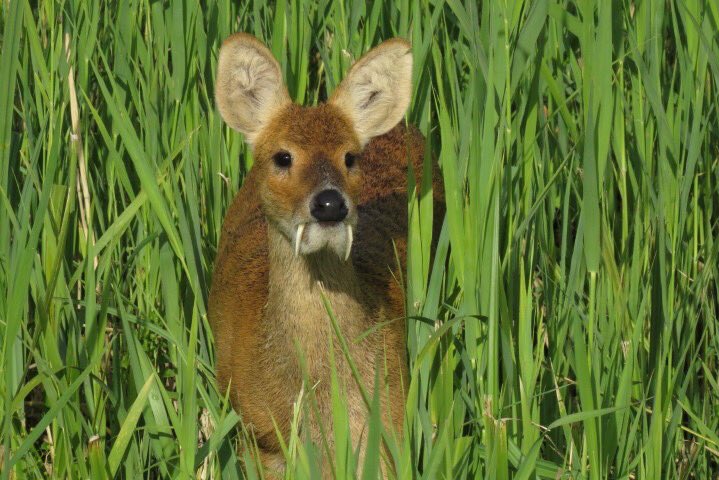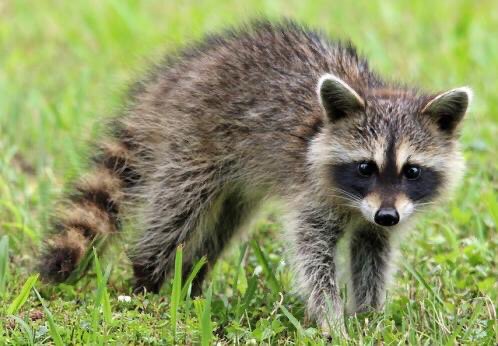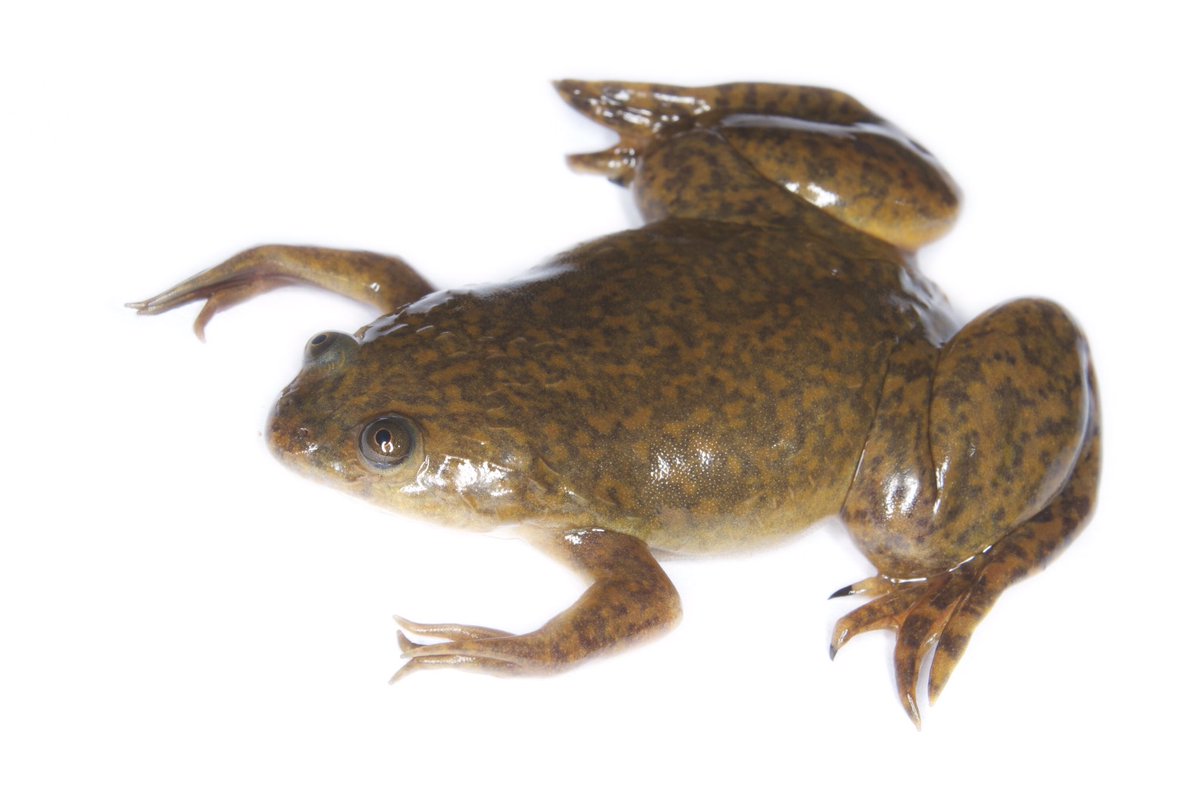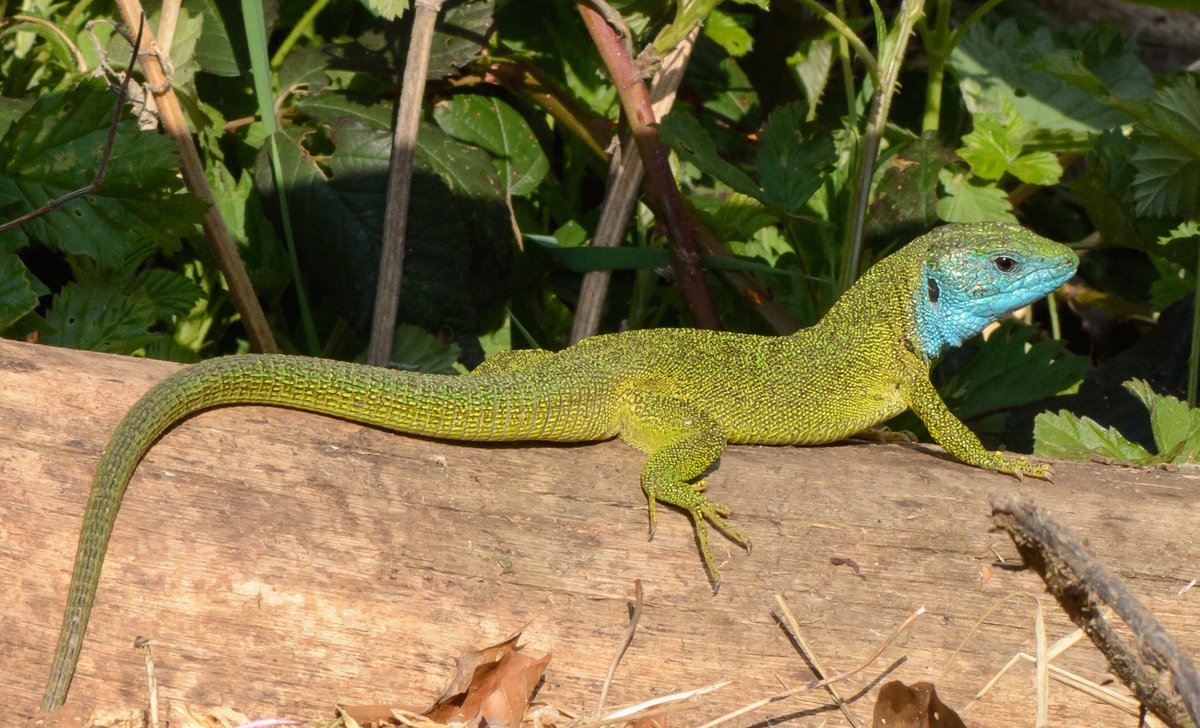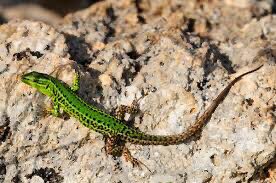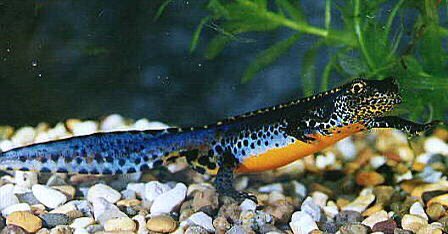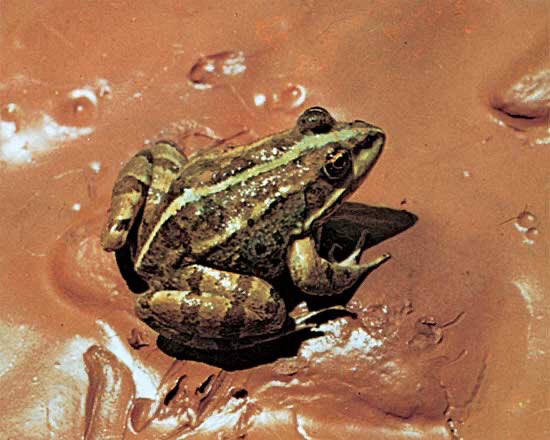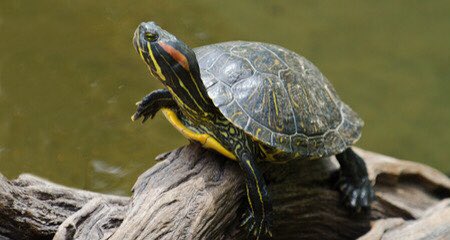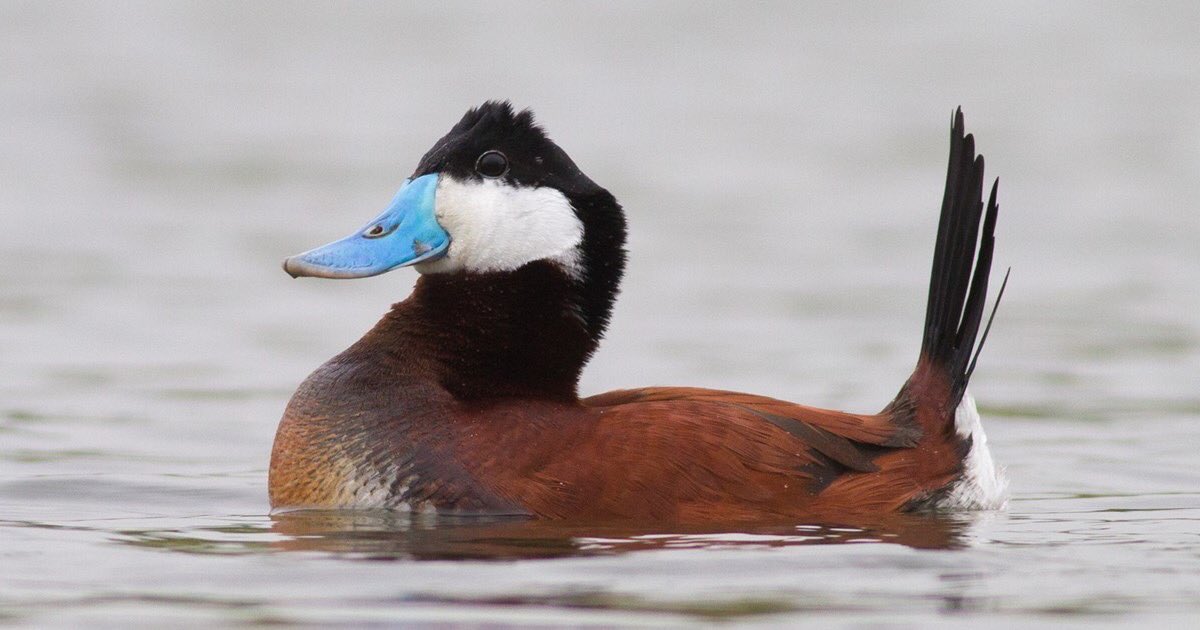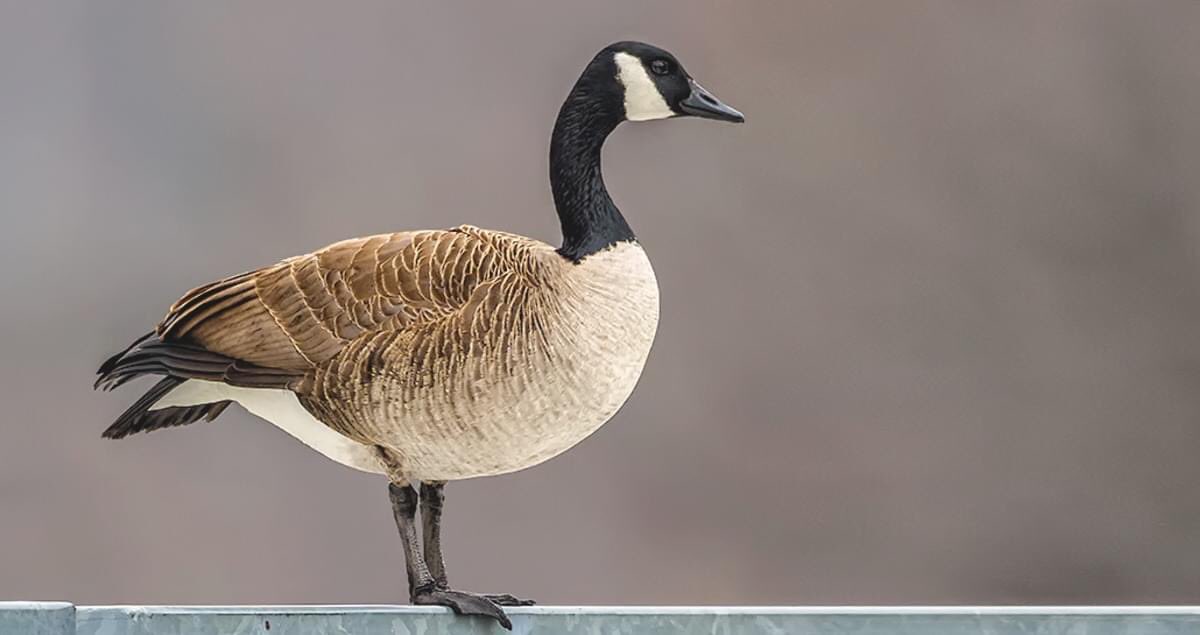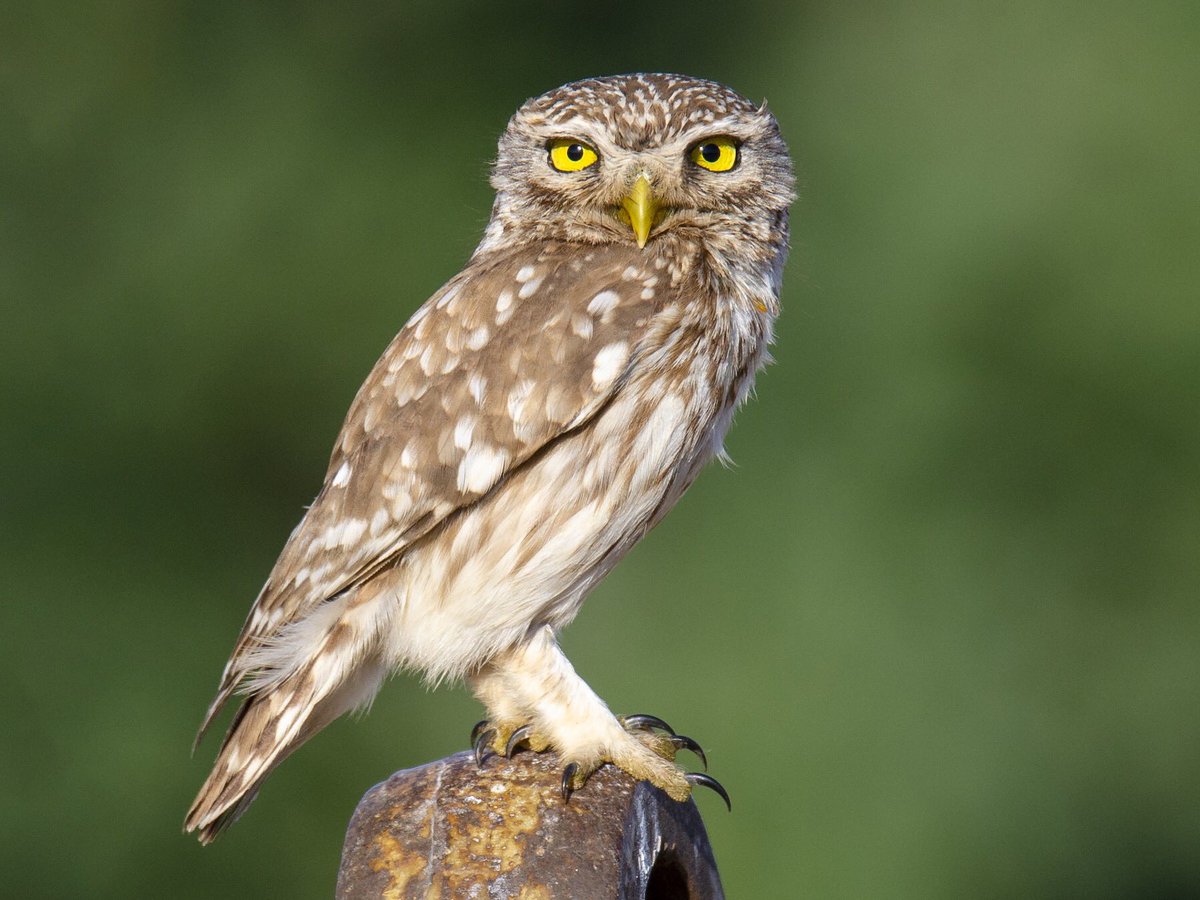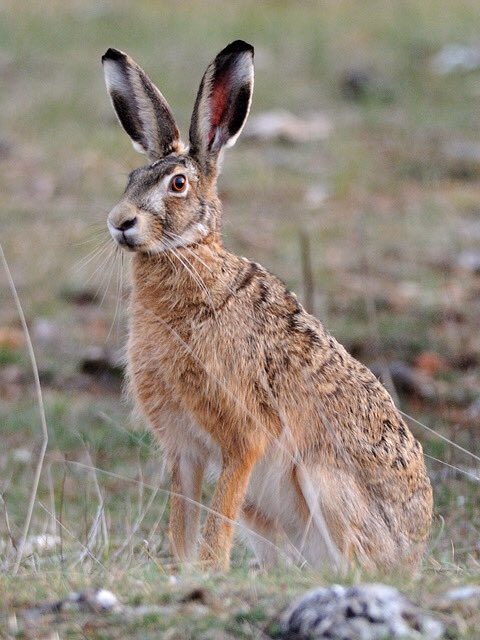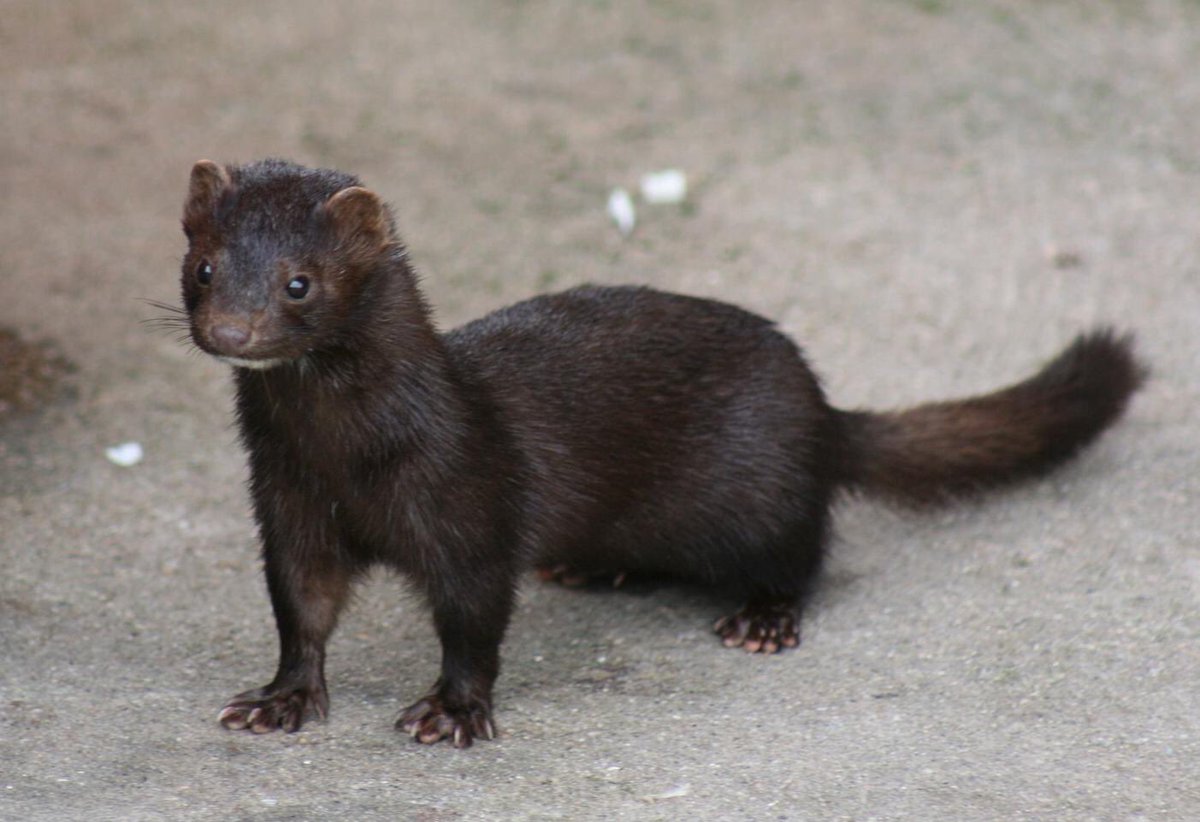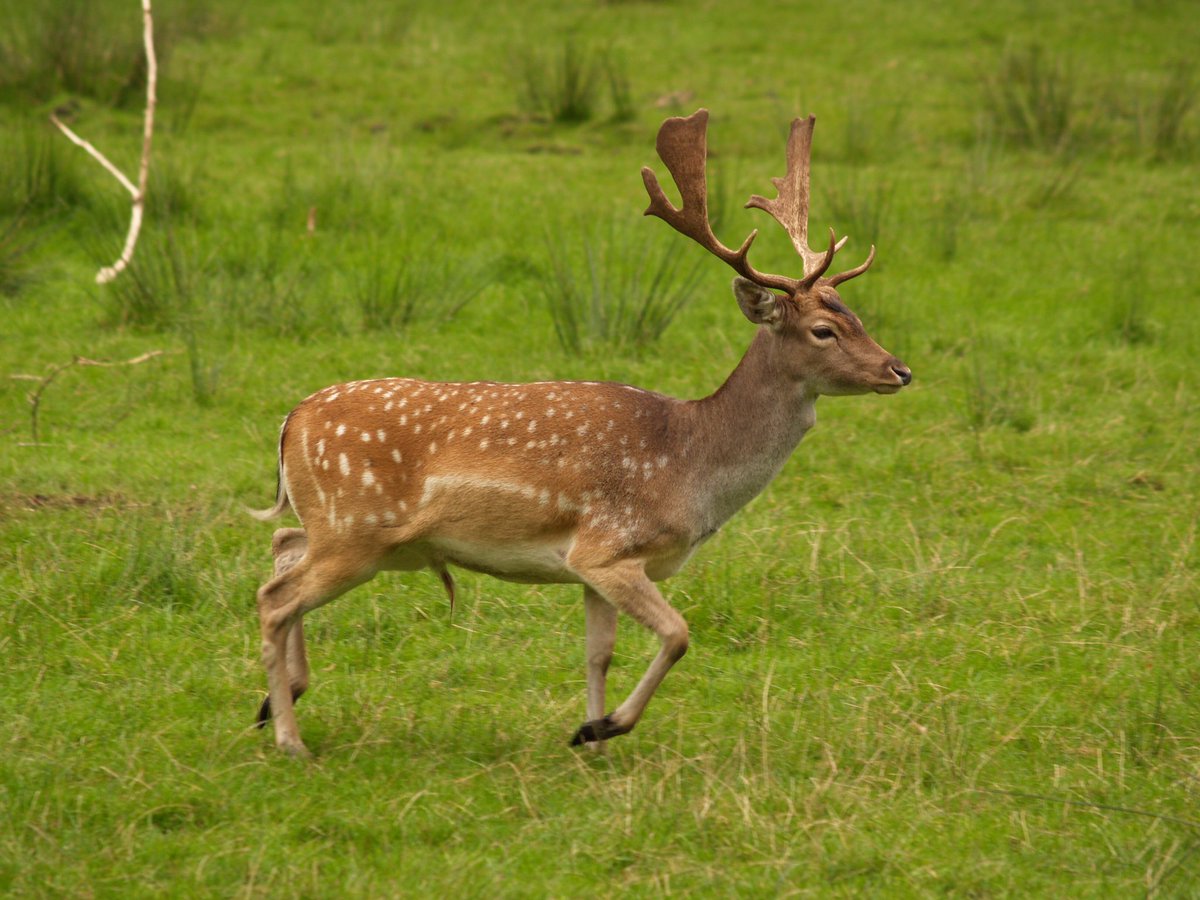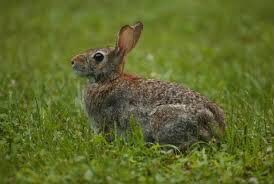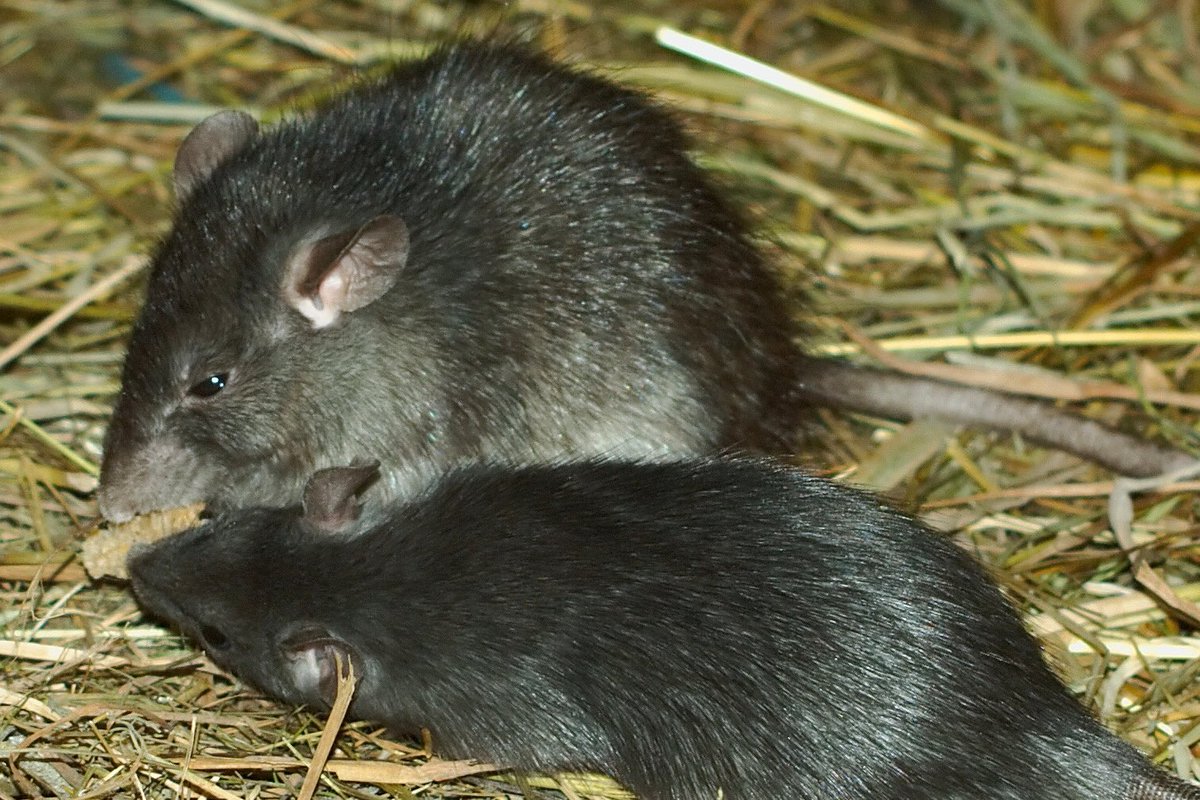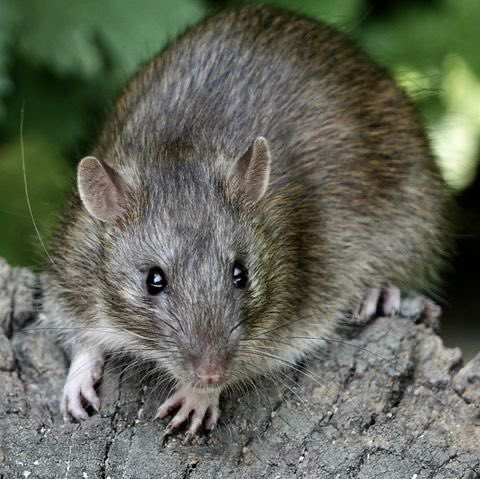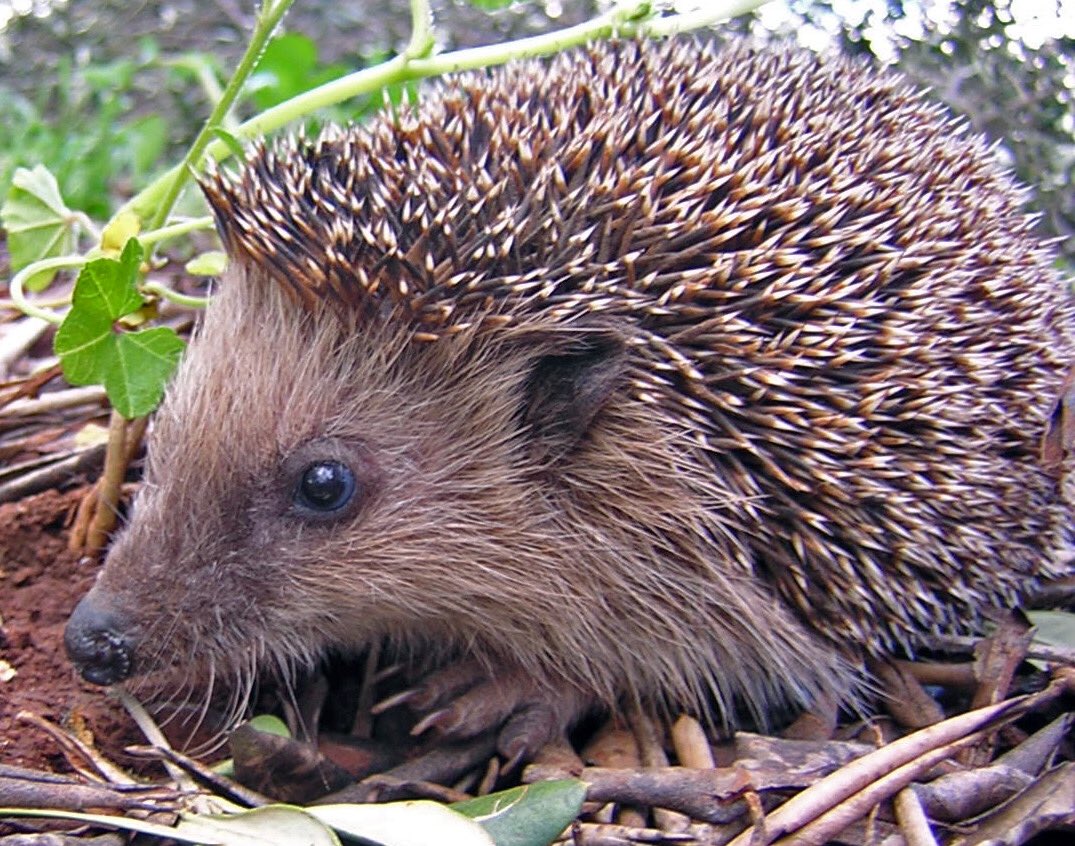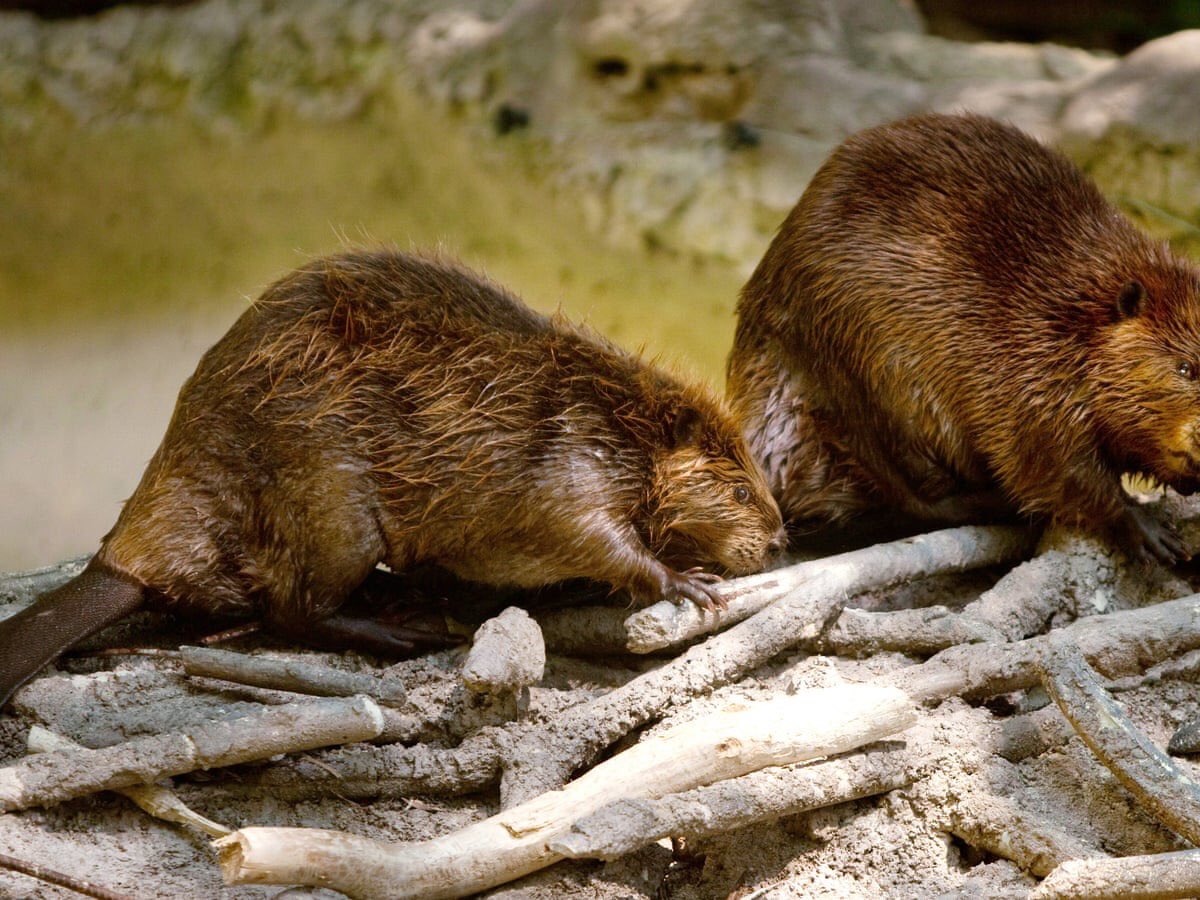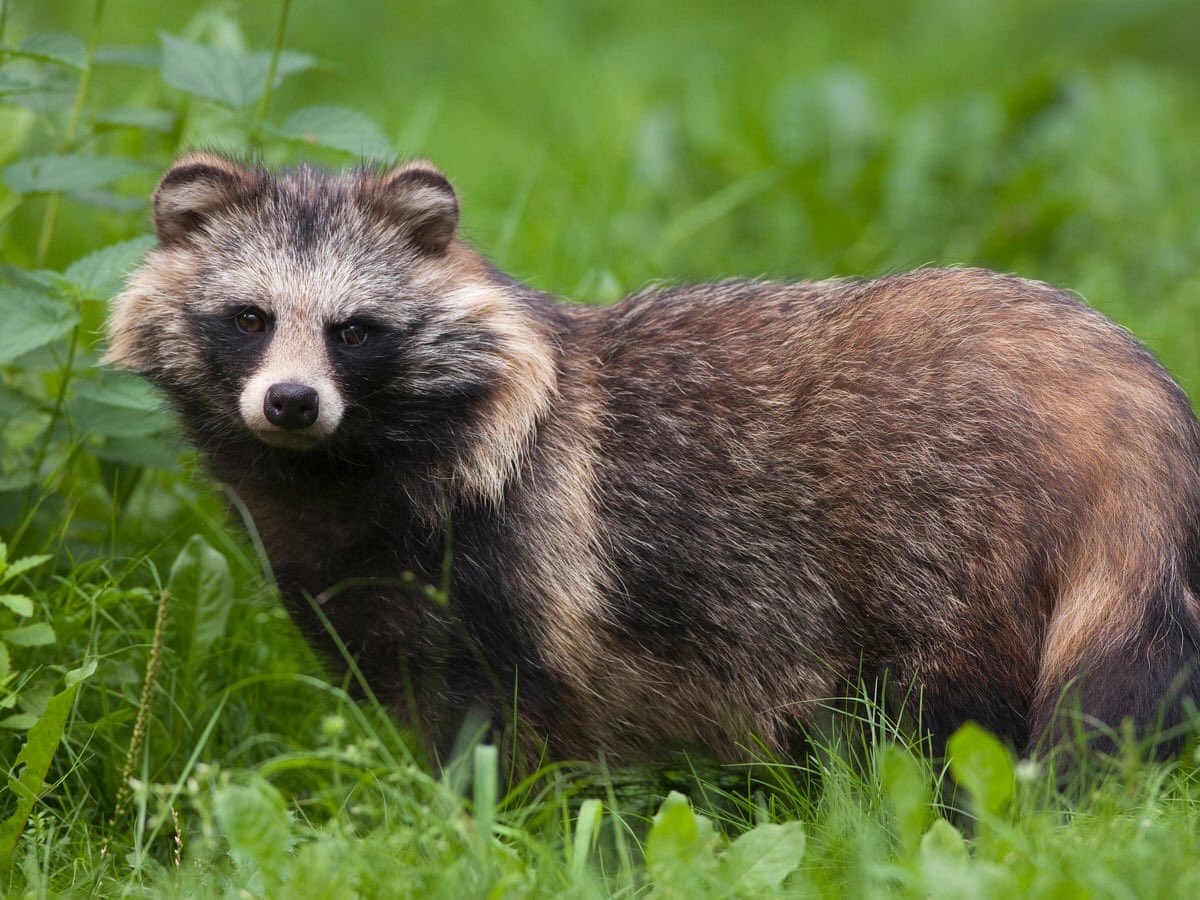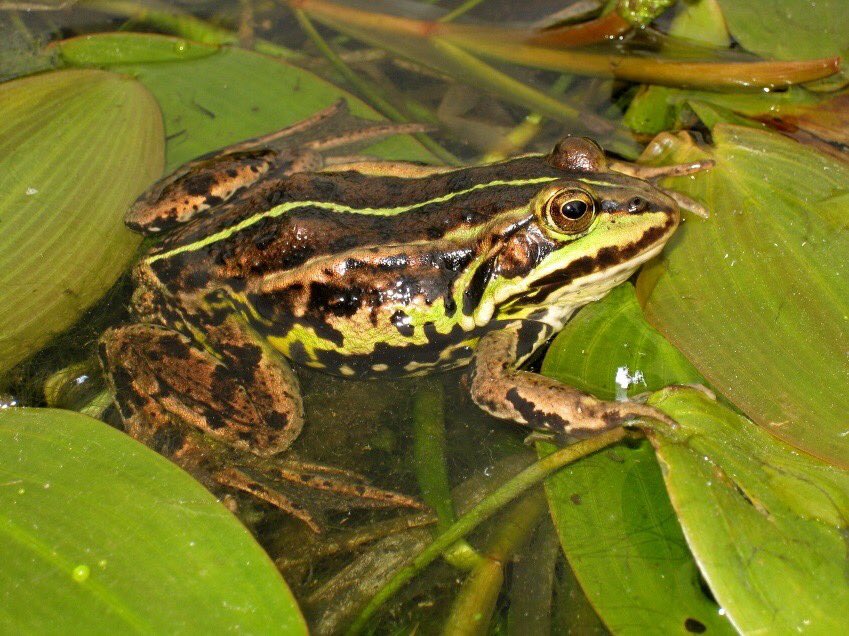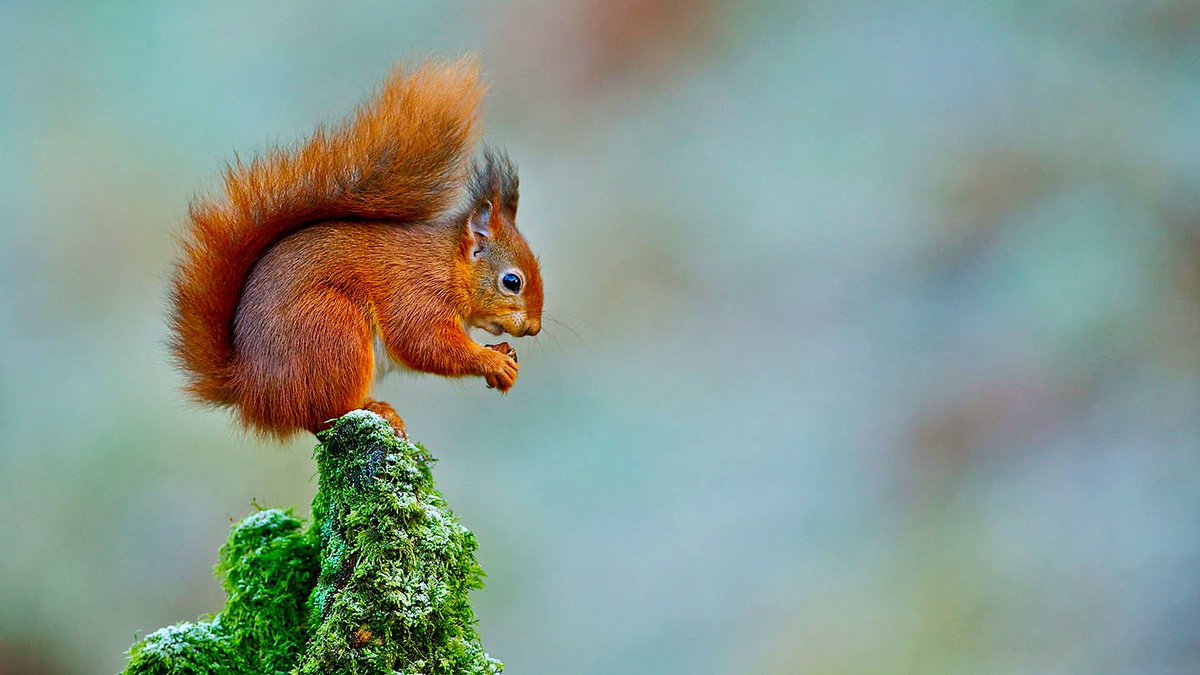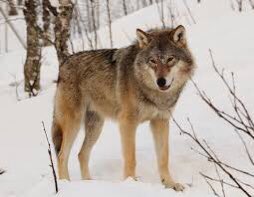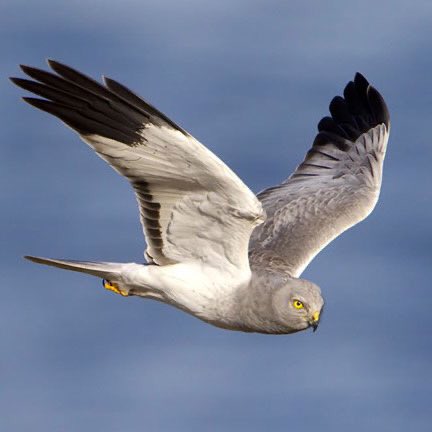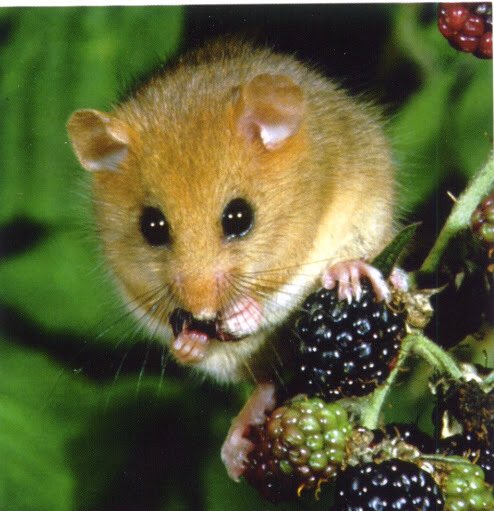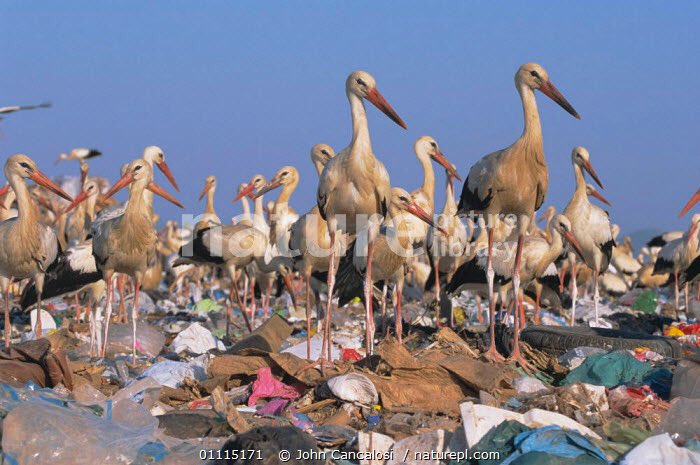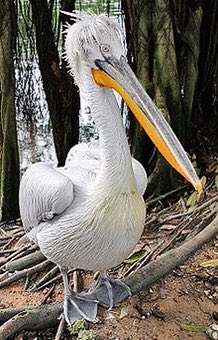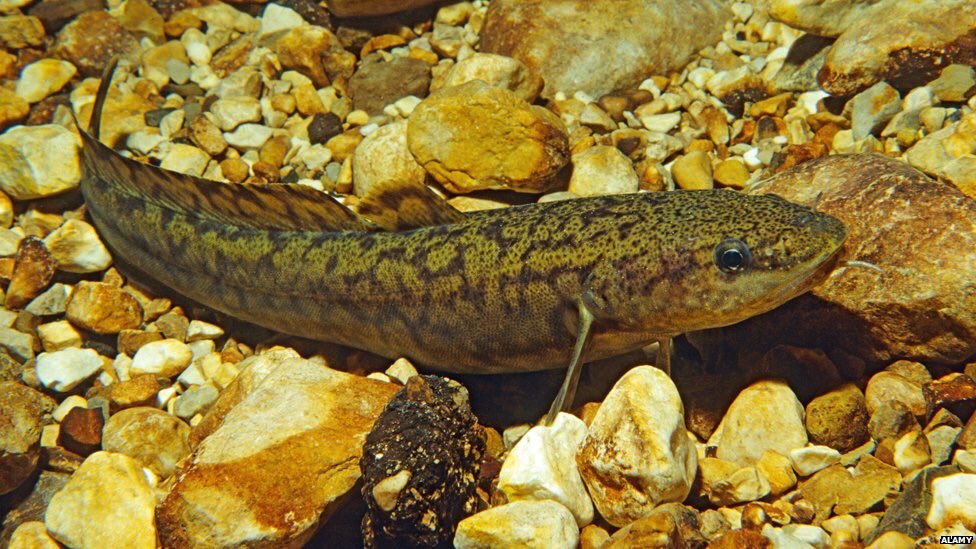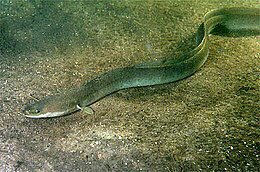Do we all have to agree and come to a consensus as regards a reintroduction, no.
Nobody doubts Great Bustard was a native species, the persecution which contributed to their loss may be gone, but many people questioned the habitat availability as vast commons were ploughed.
Nobody doubts Great Bustard was a native species, the persecution which contributed to their loss may be gone, but many people questioned the habitat availability as vast commons were ploughed.
These massive changes since 1700s caused people to question the viability of reintroduction, as does the abundant fox population. An early attempt was rather obscure, more rumour of what happened than facts in a pre internet era.
I have a friend who was sceptical and was also somebody who the current project needed to convince. Study tours to Ukraine and elsewhere, research showed great bustards are not living in pristine steppe, much of that was ploughed and converted to arable, he decided it was posible
No reintroduction is certain, long term attempts to reintroduce large copper failed, the habitat was not right. Eventually topping up the population from captive stock stopped.
Reintroduction (translocation) to new sites has been successful and also needed much research and habitat management, natterjack toad
Some introductions are secret and controversial, glanville fritillaries introduced in Somerset in 1980s was, which happened at my childhood local nature ‘patch’.
This leads us to what is wrong about maverick secret activities,
captive populations can be inbred (dangerous genes),
science has shown even a short period of captive breeding can be akin to selection in domestication.
disease in a captive population can be spread to wild
captive populations can be inbred (dangerous genes),
science has shown even a short period of captive breeding can be akin to selection in domestication.
disease in a captive population can be spread to wild
The other problem is biological recording, the basic gathering of data all ecological understanding is built on.
silver-washed fritillary
silver-washed fritillary
We have here in North Norfolk seen new sites and populations of chalk-hill blue & silver-washed fritillary, we know the former was introduced into the county but we do not know if wild individuals travelled 18 miles or so to new sites, with the fritillary did they spread
naturally to many new woods? We can not be sure because of secret introductions, so what do we do? Base habitat decisions, climate change understanding, dispersal distance of butterflies across intensive arable on what may be false data? ignore what might be real?
All I can say to secret mavericks who do not operate openly and with at least some consent and agreement is at least send your records anonymously to a Biological Record Centre or Society so ecologists and conservationist know.
You are damaging a great deal of hard work by volunteer biological recorders by secret activities, and damaging ecological science.
On you if your breeding program is wrong, disease spreads, you are a maverick right? rugged, individual, a secret hero, guess your levels of responsibility to others might be a bit low, but give that a go.
Or you can be a con man, a thug, in it for some cash, a bit of local reputation like the worse barn owl breeders I came across in 1980s, guys who did no survey, dumped birds into existing owl territories, or because they did no habitat survey or creation into places birds failed
to breed in, which is another bad impact of bad introduction, we see barn owls and think things are OK, but they are continually released, not wild, not breeding, not a population, yet we are oblivious to habitat damage.
Some introductions of animals not native ignore all the principles and do not account for possible damage to ecosystem and other species
pheasant
pheasant
muntjac
introduced / escaped from a landowners estate, then translocated across country by shooting interests
introduced / escaped from a landowners estate, then translocated across country by shooting interests
african clawed frog
released by commerce helped spread chytrid across world?
https://www.nationalgeographic.com/news/2013/5/130515-chytrid-fungus-origin-african-clawed-frog-science/
released by commerce helped spread chytrid across world?
https://www.nationalgeographic.com/news/2013/5/130515-chytrid-fungus-origin-african-clawed-frog-science/
our beloved hedgehog caused massive losses in rare breeding birds in Hebrides when introduced, ground nesting birds are naturally in high densities on islands free from egg predators
Nothing is simple about introductions, re-introductions, translocations (especially seabird islands), islands are by nature special, they are an accident of history as regards fauna and flora, evolutions laboratory, we make the world homogenous, common animals like black rat
spread across the world, special species unique to a place go extinct, unique evolutionary events end, we are an island
we should respect that, biogeography is an important part of conservation, as is unique genetic population conservation, the raw material of evolution
we should respect that, biogeography is an important part of conservation, as is unique genetic population conservation, the raw material of evolution
Ecologists are not being stuffy or reactionary (well some are) but they do know a great deal about problems, risks, what has happened, and mavericks role
maybe mavericks are sometimes right
maybe mavericks are sometimes right
Problem with mavericks they always think they are right, even when they are wrong, and they do not want critical opinion or wisdom of crowd of experienced
Conservation organisations get it wrong, by the time they realised pool frog was native it died out, needed reintroduction from closest genetically similar population
Inertia, lack of open thinking contributed to that, and the fact science keeps on helping us know more
Inertia, lack of open thinking contributed to that, and the fact science keeps on helping us know more
Emotions come into it, I struggle with brown hare not being native, as I grew up with it being considered to be so.
red squirrel
pox virus spread by introduced grey squirrel
http://www.northernredsquirrels.org.uk/squirrels/squirrel-pox-virus/
pox virus spread by introduced grey squirrel
http://www.northernredsquirrels.org.uk/squirrels/squirrel-pox-virus/
picture credits
butterfly conservation, arc-trust, wildlife trusts, woodland trust, wikipedia, google image search results
butterfly conservation, arc-trust, wildlife trusts, woodland trust, wikipedia, google image search results
legality is an interesting discussion, if a law is seen as illiberal, reactionary, unjust, it can be ignored
should people ignore it
should people ignore it
yet they seem to have succeeded, and been pandered to with a translocation project
I have had little to do with introductions, perhaps my only brush with it is a job long ago saving dormouse from bulldozers which ended up being part of introduction project into East Anglia
We all have a varied set of work experience, education, experience of different taxa, some taxa I feel that I want to hear the debate between experts with diverse views, but have no particular insight or experience.
https://www.researchgate.net/profile/Francisco_Tortosa/publication/232675530_Effect_of_Rubbish_Dumps_on_Breeding_Success_in_the_White_Stork_in_Southern_Spain/links/0c960538d9e203d903000000/Effect-of-Rubbish-Dumps-on-Breeding-Success-in-the-White-Stork-in-Southern-Spain.pdf?origin=publication_detail
…https://movementecologyjournal.biomedcentral.com/track/pdf/10.1186/s40462-016-0070-0.pdf
https://www.researchgate.net/profile/Francisco_Tortosa/publication/232675530_Effect_of_Rubbish_Dumps_on_Breeding_Success_in_the_White_Stork_in_Southern_Spain/links/0c960538d9e203d903000000/Effect-of-Rubbish-Dumps-on-Breeding-Success-in-the-White-Stork-in-Southern-Spain.pdf?origin=publication_detail
…https://movementecologyjournal.biomedcentral.com/track/pdf/10.1186/s40462-016-0070-0.pdf
Other taxa I have had a long involvement with, know professionals and have private conversations, my own work has been very generalist, one upside is I have worked with experts in many associated fields so I can understand the context of the literature.
As such in some topics I feel able to read research and form my own view of contested information, some issues such as native status of stork has divided expert opinion, the data is not conclusive, conflicting views are legitimate on that data, many experts choose not to speak
publicly, which I do not think is healthy, but if you speak against a popular idea you get kick back, in a career that can be a problem, this is not good for society.
Now I do not think storks will be negative, but the people who think they might be are not fools or naysayers
Now I do not think storks will be negative, but the people who think they might be are not fools or naysayers
They have extensive experience of dump feeding storks, things are complex, we should listen.
Then again we should also be open minded, dalmatian pelican is range restricted, restoration of former range is a IUCN conservation goal reintroduction is suitable for, as is decreasing
Then again we should also be open minded, dalmatian pelican is range restricted, restoration of former range is a IUCN conservation goal reintroduction is suitable for, as is decreasing
risk of disease, weather event in populations restricted to a few locations / regions.
Now I have no idea if the fish population, aquatic system of UK can support pelicans, I do think asking that question is interesting, because we should be asking how our aquatic system can be
Now I have no idea if the fish population, aquatic system of UK can support pelicans, I do think asking that question is interesting, because we should be asking how our aquatic system can be
restored, how seasonal flooding, lakes, fish function. Can we reintroduce burbot, is it gone?
We can see pelican as too exotic for UK, needing too much room, but SE Europe is suggesting now that persecution and lack of flood free nest sites is a bigger issue than lack of habitat
We can see pelican as too exotic for UK, needing too much room, but SE Europe is suggesting now that persecution and lack of flood free nest sites is a bigger issue than lack of habitat
We might say we have more important things to do, but actually keystone species, predator trophic cascades, and maybe especially asking questions of how ecosystems function, how they can be restored is most important in helping us see the issues more clearly.
We have hardly started treating fish as part of our ecology, not just a utilisable resource, as the eel population collapse shows
as regards bustards I support it but don’t know if it will work, I have good friends who are professional ornithologists who disagree and agree, data, models can leave doubt, it can be great enough for people to disagree, not out of conviction, or belief, from data interpretation
science can be contested, a consensus unlikely on the quality of data, state of knowledge, that is healthy, science can also form a consensus out of solid repeated data, that is significant, but a paradigm shift may alter that, but it is rare
as to topics like wolf, science can say it is native, it wills survive, it will have positive trophic impact, it will have problems. Society decides if it wants that, not science, science says it meets IUCN guidelines, it also shows careful work with community, guardian dogs
payment for livestock deaths, a wide range of social science activities, and interventions as the trouble animals, if you want to maintain support. In Europe the wolf walks in, here we need to bring them in, that is political.

 Read on Twitter
Read on Twitter